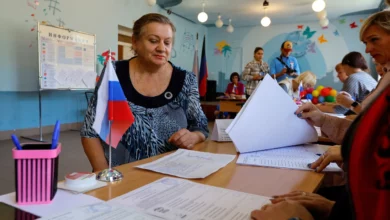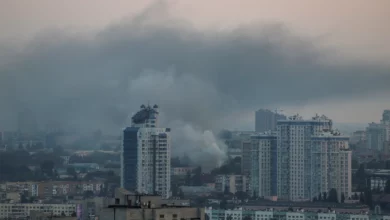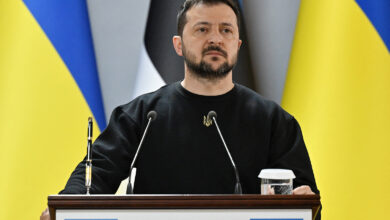
A Canadian court has said that Iran should pay $83 million ($107 million Canadian dollars; €73.4 million) in compensation to the families of six people killed when the Iranian military downed a Ukrainian passenger jet in 2020.
The decision, dated December 31 and made public on Monday, does not make it clear how Iran can be made to pay the money. But the ruling primarily carries symbolic weight for the families, who have complained about being unable to seek justice in Iran.
Although foreign countries are usually immune from suits in Canadian courts, the Ontario Superior Court ruled last year that the downing of the passenger plane constituted an “act of terrorism.” Foreign states designated as state sponsors of terrorism, such as Iran, are not immune under Canadian law, allowing the families to seek compensation for their losses.
How did the downing occur?
Ukraine International Airlines flight PS752 was shot down by two surface-to-air missiles shortly after taking off from Tehran on January 8, 2020, en route for Kyiv. All 176 people aboard were killed, including 85 Canadian citizens and permanent residents.
Iranian armed forces later admitted to downing the plane “by mistake.” The civil aviation board said in March of last year that an air defense operator had mistaken the Boeing 737-800 for an American cruise missile amid heightened tensions with Washington.
Just hours before the plane was shot down, Iran had fired ballistic missiles at US bases in Iraq in retaliation for the killing of top Iranian general Qassem Soleimani in a drone strike in Baghdad.
How could the plaintiffs receive compensation?
Ontario Superior Court Judge Edward Belobaba said in his ruling that he was “satisfied that some level of enforcement may well be possible and some level of deterrence may well be achieved.”
“[Plaintiffs’ counsel said] viable Iranian-owned assets and investments remain accessible not only in Canada but worldwide,” Belobaba wrote.
In December 2020, Iran offered to pay “$150,000 or the equivalent in euros” to each of the victims’ families.
The proposal was slammed by Ukrainian and Canadian officials, who said that unilateral declarations were not an appropriate way to settle compensation claims.
tj/msh (AP, AFP)





